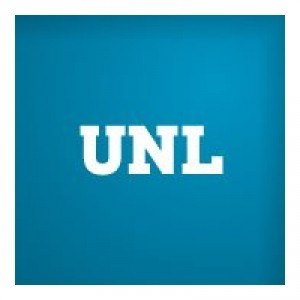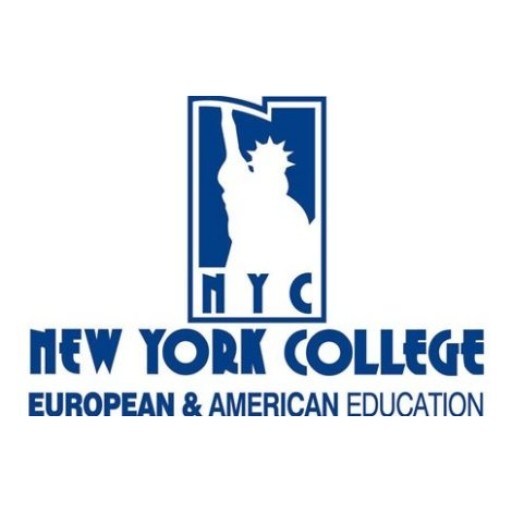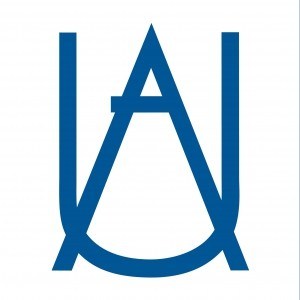Photos of university / #unlitoral_
The Professional Journalism program at the National University of the Littoral offers a comprehensive and in-depth education designed to prepare students for a dynamic and evolving media landscape. This program equips aspiring journalists with the essential skills and knowledge needed to excel in print, broadcast, digital, and multimedia journalism. Throughout the course, students are introduced to a wide range of disciplines including media ethics, investigative reporting, media law, multimedia production, and information technology, ensuring they develop versatile competencies that meet contemporary industry standards. The curriculum emphasizes practical experience, encouraging students to engage in real-world reporting, editing, and broadcasting projects under the supervision of experienced faculty members. Students also have opportunities to participate in internships with local and national media outlets, fostering professional connections and real-world insight into the journalistic profession. The program aims to cultivate critical thinking, ethical responsibility, and accuracy in reporting, while fostering creativity and innovation in storytelling methods. Graduates of the Professional Journalism program are prepared for careers across various media platforms, including newspapers, television, radio, online news portals, and multimedia outlets. They are equipped not only with technical skills but also with an understanding of the social and political implications of journalism, enabling them to act responsibly as informed citizens and ethical professionals. The program also encourages engagement with current technological advancements and trends in media production, emphasizing digital literacy and multimedia skills that are essential in today's fast-paced news environment. Our faculty consists of experienced journalists, media specialists, and scholars dedicated to mentoring students and facilitating their professional development. The program's aim is to produce competent, ethical, and innovative journalists who can adapt to the changing media landscape and contribute meaningfully to society through responsible journalism.
The Bachelor of Journalism and Mass Communications — Professional Journalism at the National University of the Littoral offers a comprehensive curriculum designed to prepare students for dynamic careers in the field of media and communication. The program aims to develop students’ skills in storytelling, investigative reporting, media ethics, and multimedia production, equipping them with both theoretical knowledge and practical experience necessary to thrive in today’s fast-paced information environment. Throughout the course of study, students are engaged in a variety of modules including news writing, editing, broadcasting, digital journalism, media law, and public relations, which ensure a well-rounded education aligned with industry standards. The program emphasizes the importance of critical thinking, ethical responsibility, and innovative communication strategies, fostering graduates who can effectively inform, influence, and engage diverse audiences across multiple platforms. Students have opportunities to participate in internships, workshops, and real-world projects in partnership with local media outlets, enhancing their professional readiness. The curriculum also integrates emerging technologies and social media tools to keep pace with evolving media landscapes, enabling students to produce compelling content in various formats such as articles, video reports, podcasts, and online multimedia presentations. Faculty members are experienced journalists and communication experts dedicated to mentoring students and promoting research in media studies. Graduates of the program are prepared for careers in journalism, broadcast media, digital content creation, public relations, advertising, and media management. The program's goal is to foster responsible and innovative media professionals who can contribute to the development of free and ethical press and communication practices within society.
The Bachelor’s degree program in Journalism and Mass Communications — Professional Journalism at the National University of the Littoral is designed to equip students with comprehensive knowledge and practical skills necessary for a successful career in journalism. The program encompasses a broad curriculum that covers the fundamental principles of journalism, including media ethics, research methods, and reporting techniques. Students are introduced to various forms of media, such as print, broadcast, and digital journalism, ensuring they can adapt to the rapidly evolving digital landscape. The coursework emphasizes developing strong writing, interviewing, and editing skills, alongside the ability to analyze societal issues critically.
In addition to core theoretical subjects, the program offers specialized training in investigative journalism, media law, and ethics, providing students with the ability to navigate legal frameworks and uphold journalistic integrity. Practical training is a central component of the curriculum, with students required to participate in internships and newsroom simulations, enabling them to gain hands-on experience. The program also encourages mastery of multimedia storytelling, including video production, podcasting, and social media engagement, preparing graduates for modern media environments.
To graduate, students must complete a series of coursework assessments, pass written exams, and develop a final dissertation or project demonstrating their journalistic competencies and research capabilities. The program also promotes continuous professional development through seminars, workshops, and interaction with media industry professionals. By the end of the program, graduates are expected to possess not only technical journalistic skills but also an understanding of media’s social responsibilities and the importance of ethical reporting. The curriculum is regularly reviewed and updated to reflect current industry standards and technological advancements, ensuring that students are well-prepared for employment in various media sectors.
The financing of the Bachelor’s Degree Programme in Journalism and Mass Communications — Professional Journalism at the National University of the Littoral predominantly relies on a combination of state funding and self-financing mechanisms. As a recognized public university in Ukraine, the National University of the Littoral benefits from government allocations that support the development and maintenance of its academic programs, including the Journalism and Mass Communications faculty. These state funds are allocated to cover core expenses such as faculty salaries, infrastructural support, academic resources, and research activities essential for delivering quality education.
In addition to state funding, students pursuing the program often engage in self-financing options, which include paid tuition and educational grants. Tuition fees are set annually and are designed to be accessible to a broad range of students, with some financial aid and scholarship opportunities available through the university’s internal scholarship fund or external sources. The university actively seeks partnerships with media organizations, educational grants, and sponsorship programs to enhance the financial stability of the program and provide additional opportunities for students, such as internships or project funding.
Moreover, the program emphasizes the importance of practical training, which is sometimes supported through collaborations with local media outlets funded either by private sponsors or government initiatives. These collaborations help offset some costs related to student placements, equipment, and training seminars. The university also encourages students to participate in research projects and competitions, some of which are funded at regional, national, or international levels, further supplementing the program's financial resources.
Overall, the financing structure of the Journalism and Mass Communications — Professional Journalism program at the National University of the Littoral combines public sector support, student contributions, academic grants, and private partnerships. This multi-source approach ensures the sustainability and continuous improvement of the program, providing students with high-quality education and practical experience in the field of journalism and mass communications.
The Bachelor’s degree program in Journalism and Mass Communications — Professional Journalism at the National University of the Littoral is designed to prepare students for a successful career in the dynamic field of media, journalism, and communication industries. The program offers comprehensive training that combines theoretical knowledge with practical skills necessary for effective journalism in various formats including print, broadcast, and digital media. Students are introduced to the fundamentals of news reporting, editing, investigative journalism, media ethics, and the role of mass communications in society. The curriculum emphasizes the development of critical thinking, editorial judgment, and technical competencies such as multimedia production, journalism software, and social media management.
Throughout the course, students engage in hands-on projects, internships, and collaborations with media outlets to gain real-world experience. The program also covers the history and development of journalism, media law and ethics, audience analysis, and the impact of new technologies on journalism practices. Emphasis is placed on fostering responsible journalism that adheres to ethical standards and promotes transparency. The faculty comprises experienced journalists, media professionals, and academic experts who mentor students and facilitate practical learning.
Graduates of the program are equipped to work in various sectors including news agencies, television and radio stations, online media platforms, public relations firms, and communication departments of government and private organizations. They also have the foundational skills necessary for careers in media management, content creation, and investigative journalism. The program aims to cultivate innovative and adaptable media professionals capable of responding to the evolving landscape of mass communication. Graduates often pursue further specialization or advanced degrees in journalism, media studies, or related fields. Overall, the program provides a thorough education that combines theoretical insight with practical application, ensuring students are well-prepared to meet the demands of the contemporary media environment.






